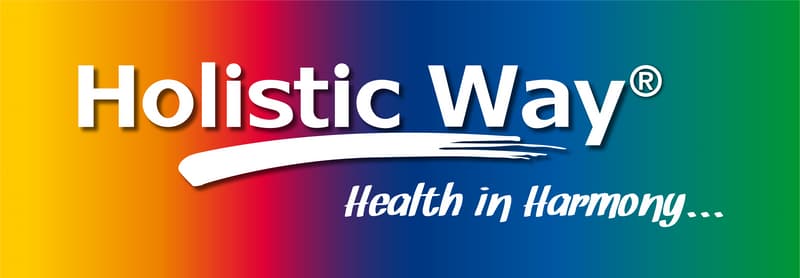
Prepared by Nutritionist Tian Hui
5 Essential Nutrients in a Vegetarian Diet
With the increasing awareness in climate change and environmental sustainability, many are switching to vegetarianism. Vegetarianism refers to the practice of a vegetarian diet that does not consist of meat, poultry, fish or shellfish. Although most vegetarian diets are lower in saturated fat and cholesterol than non-vegetarian diets, there are also certain nutrients which may not be easily obtained.1
Vitamin B12, also known as cobalamin, is a water-soluble vitamin that is naturally present in some foods. Vitamin B12 is responsible for red blood cell formation, DNA synthesis, and a healthy nervous system. A deficiency in Vitamin B12 may result in tiredness, fatigue, numbness, and poor cognitive function. Vitamin B12 is found naturally in most animal foods such as fish, milk, poultry, and meat; and is rarely found in plant foods. It can be found in fortified foods such as breakfast cereals. However, since Vitamin B12 is difficult to obtain from plant foods, it may be essential for vegetarians and vegans to obtain Vitamin B12 via dietary supplementation.2
Omega-3 fatty acids are a form of essential fatty acids which play a vital role in maintaining brain, cardiovascular, and eye health. Omega-3 fatty acids cannot be produced by the body and must be obtained by the diet. The three main sources of Omega-3 fatty acids are EPA, DHA, and ALA. EPA and DHA are mainly found in fish and seafood, where ALA can be found in plant oils. Plant-based sources such as walnuts, flaxseeds, chia seeds, and algae are vegetarian-friendly sources of omega-3 fatty acids.3 Thus, omega supplements such as flaxseed oil containing ALA may be a beneficial source of essential fatty acids for vegetarians.
Vitamin D is a fat-soluble vitamin that is needed for the absorption of calcium and phosphorus. Vitamin D is necessary for healthy bones, teeth, and muscles. Vitamin D is naturally found in oily fish, red meat, liver and fortified foods4. In addition, the body also makes Vitamin D when the skin is exposed to direct sunlight. Since vegetarian-friendly Vitamin D foods are limited, a Vitamin D supplement could be beneficial for vegetarians or those who do not spend enough time in the sun.
Calcium is a mineral and a major component of bones and teeth. It is vital as it supports the structure and functions of bones and teeth, regulates blood pressure and muscle function. Calcium can be found in dairy products, sardines, anchovies, fortified soy milk, and tofu. For lacto-ovo-vegetarians and lacto-vegetarians, getting sufficient calcium may not be of a bigger concern as compared to vegans. Some good sources of calcium for vegans are fortified soy, almond and oat milk, almonds, green leafy vegetables, and wholemeal bread5.
Iron:
Iron is a component of the haemoglobin in the blood and helps blood carry oxygen. With meat being one of the best sources of iron, better absorbed as compared to plant-based foods; it makes it harder for vegetarians to meet their recommended iron intake. In addition, the bioavailability of iron from plant-based foods may be reduced by other substances such as tannins (e.g. red wine, green tea), oxalic acid (e.g. spinach, beetroot) and phytate (e.g. cereals). A common symptom of iron deficiency would be tiredness and fatigue. A vegetarian may also choose to combine vitamin C rich foods such as guava, oranges, broccoli to increase the uptake of iron6.
References:
1 Vegetarian Diets. American Heart Association. https://www.heart.org/HEARTORG/HealthyLiving/HealthyEating/Vegetarian-Diets_UCM_306032_Article.jsp#.WfcgGhNSyu5
2 https://ods.od.nih.gov/factsheets/VitaminB12-Consumer/
3 https://ods.od.nih.gov/factsheets/Omega3FattyAcids-HealthProfessional/
4 https://www.nhs.uk/conditions/vitamins-and-minerals/vitamin-d/
5 https://www.nhs.uk/live-well/eat-well/vegetarian-and-vegan-diets-q-and-a/
6 InformedHealth.org [Internet]. Cologne, Germany: Institute for Quality and Efficiency in Health Care (IQWiG); 2006-. How can I get enough iron? 2014 Mar 20 [Updated 2018 Mar 22]. Available from: https://www.ncbi.nlm.nih.gov/books/NBK279618/

